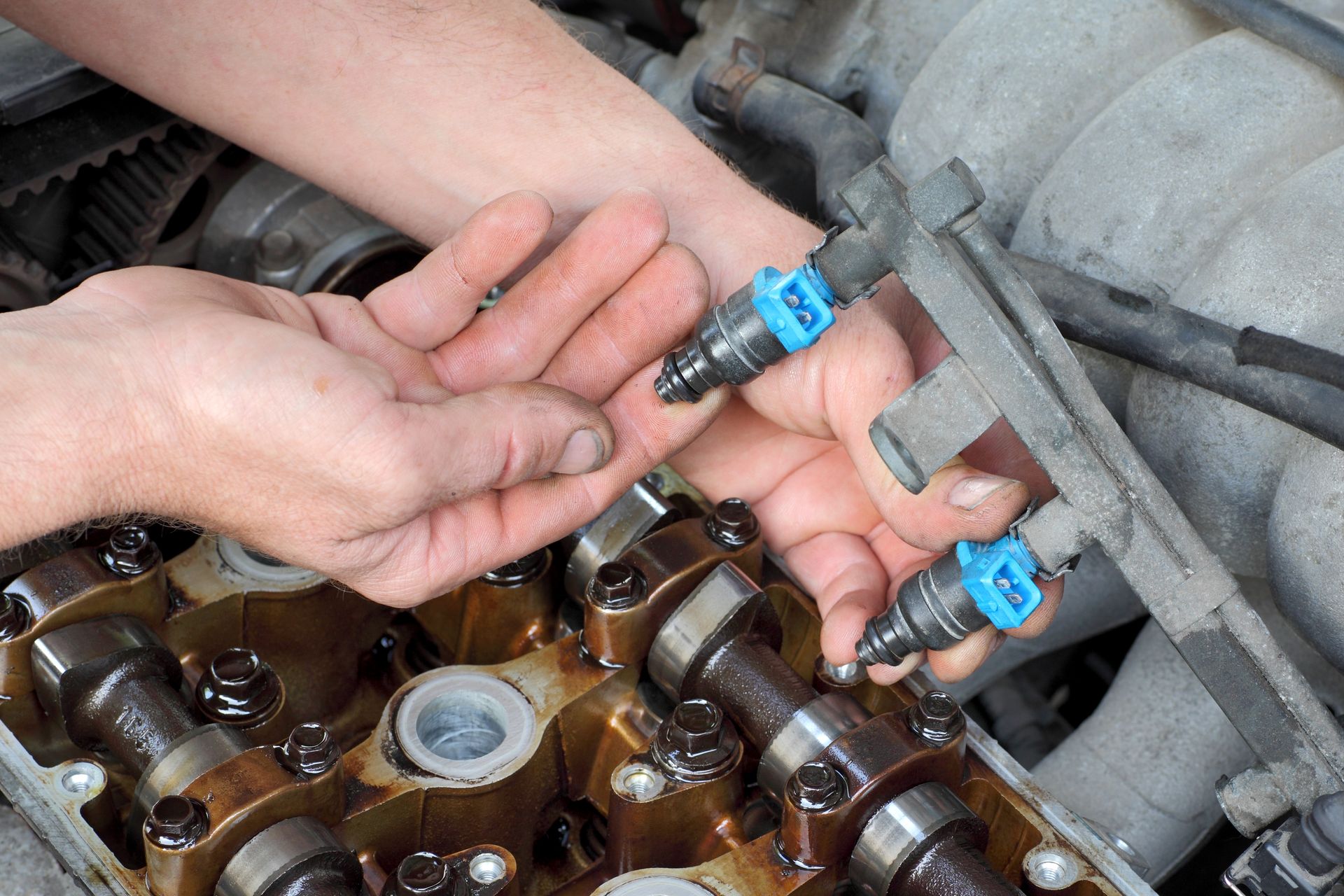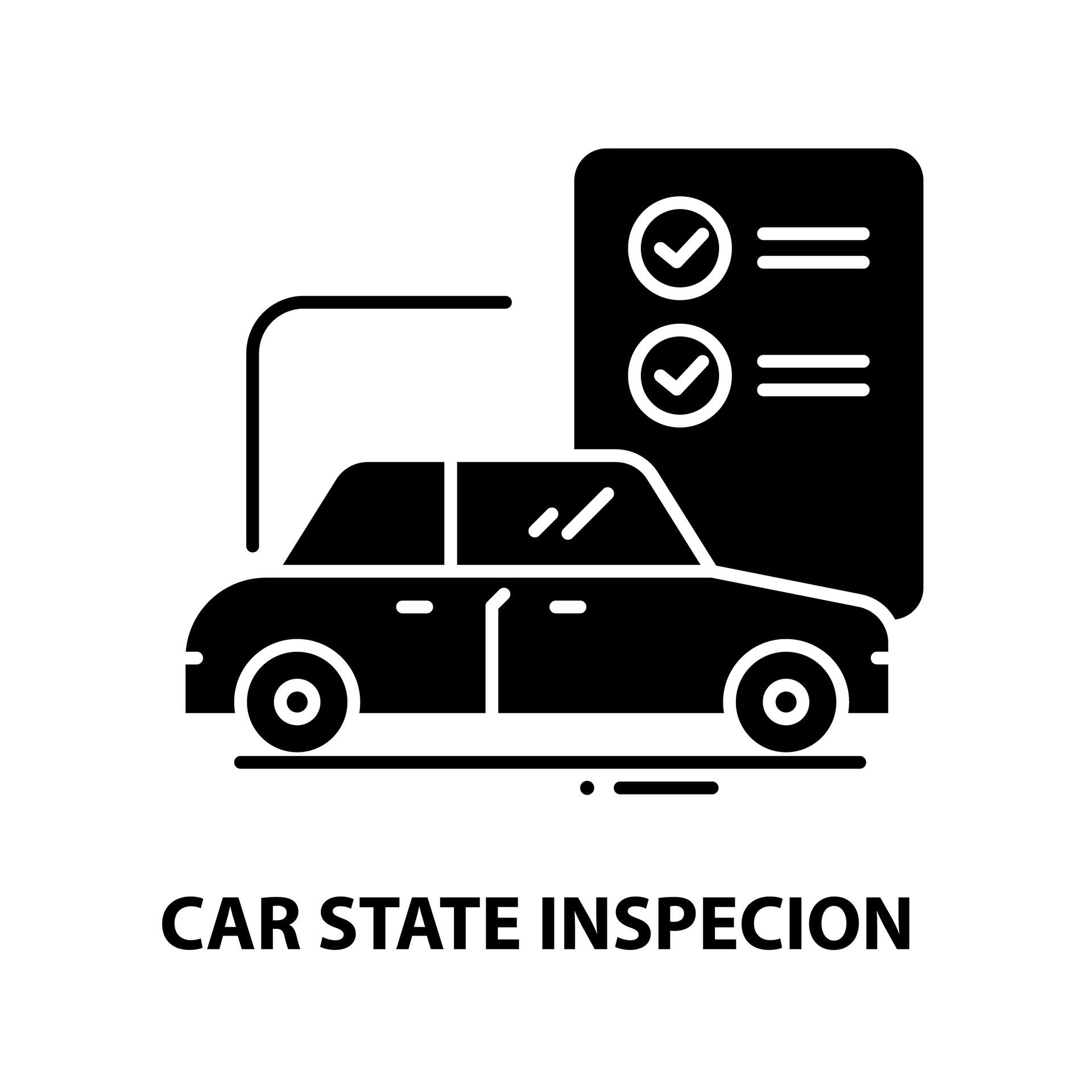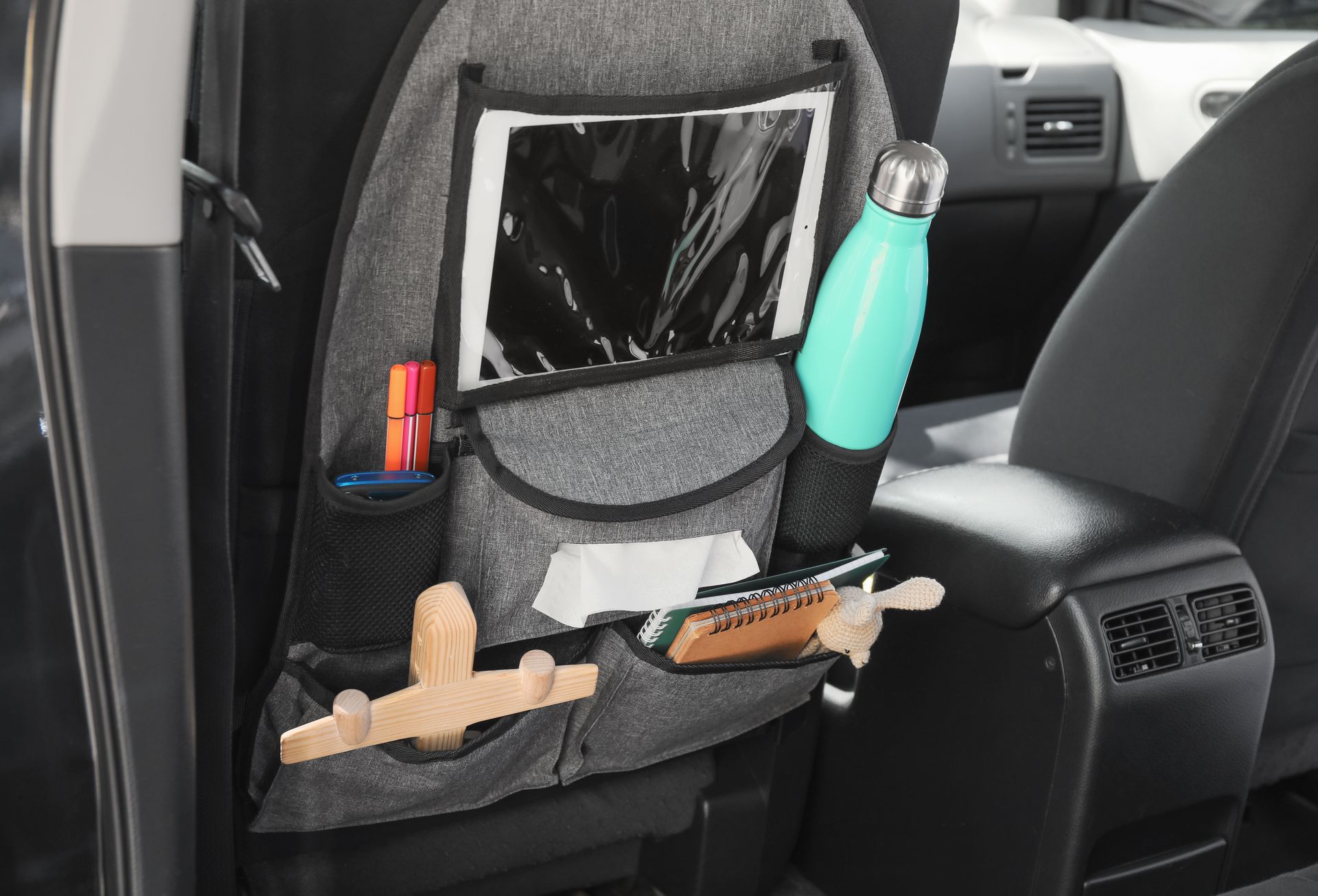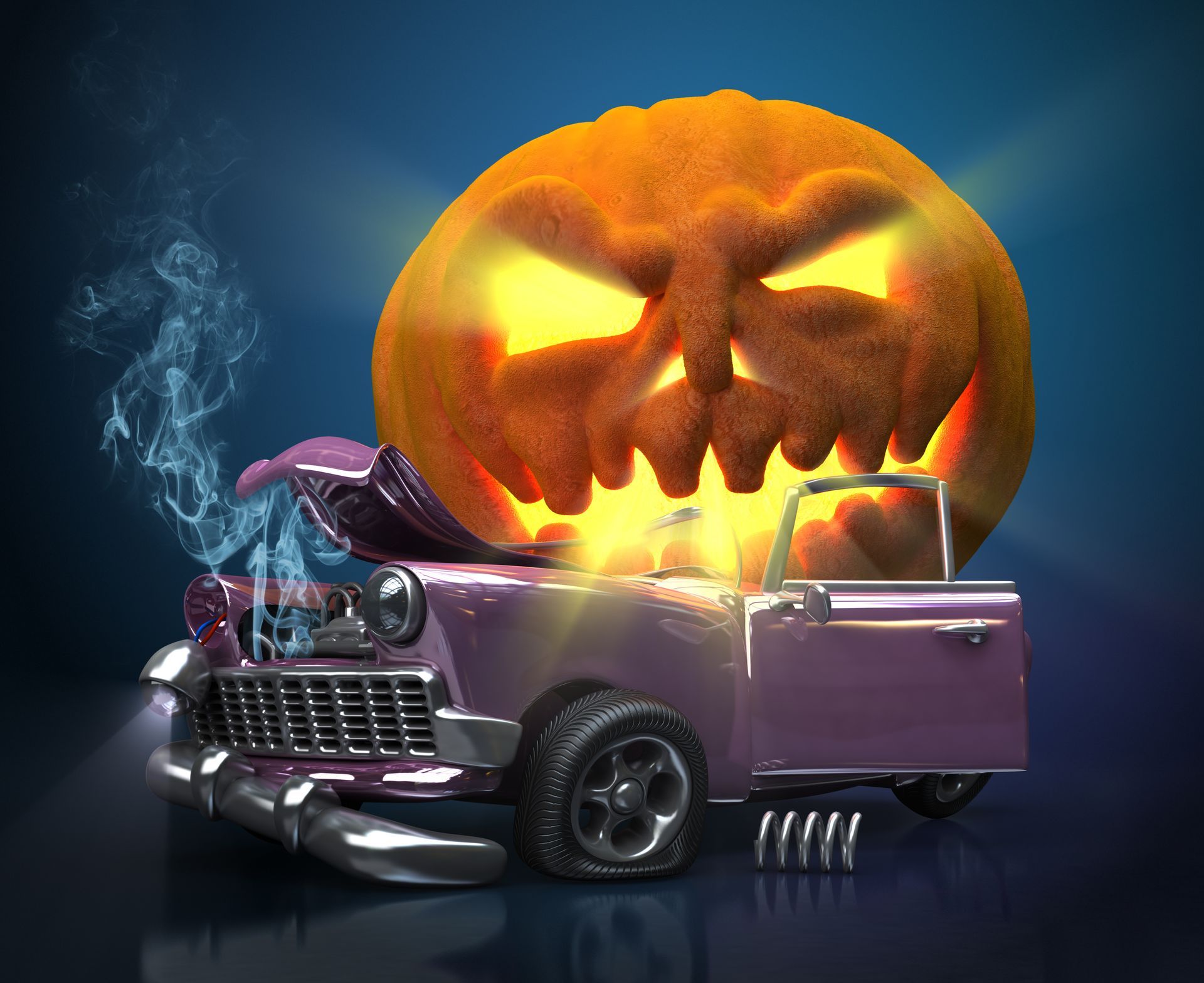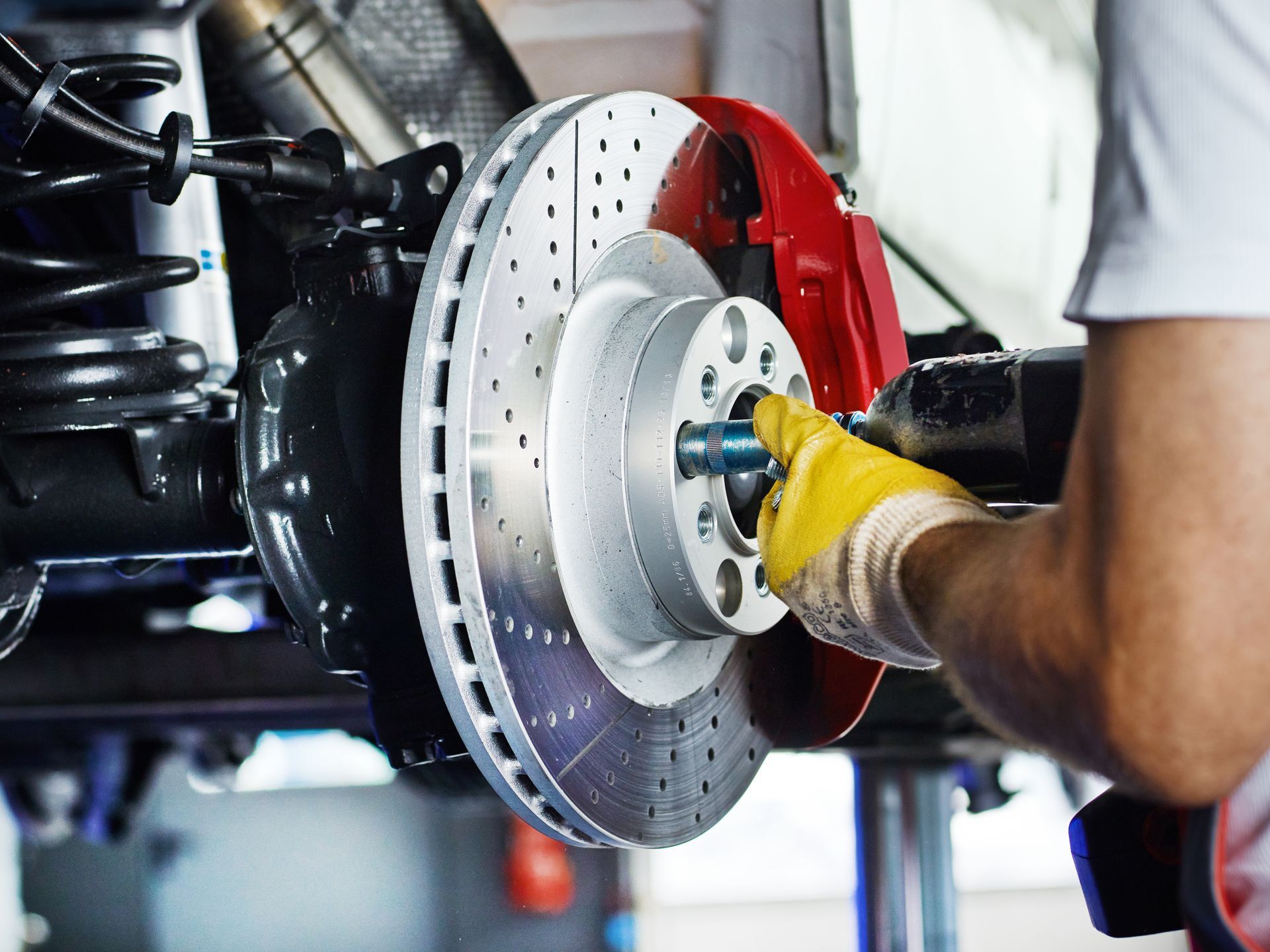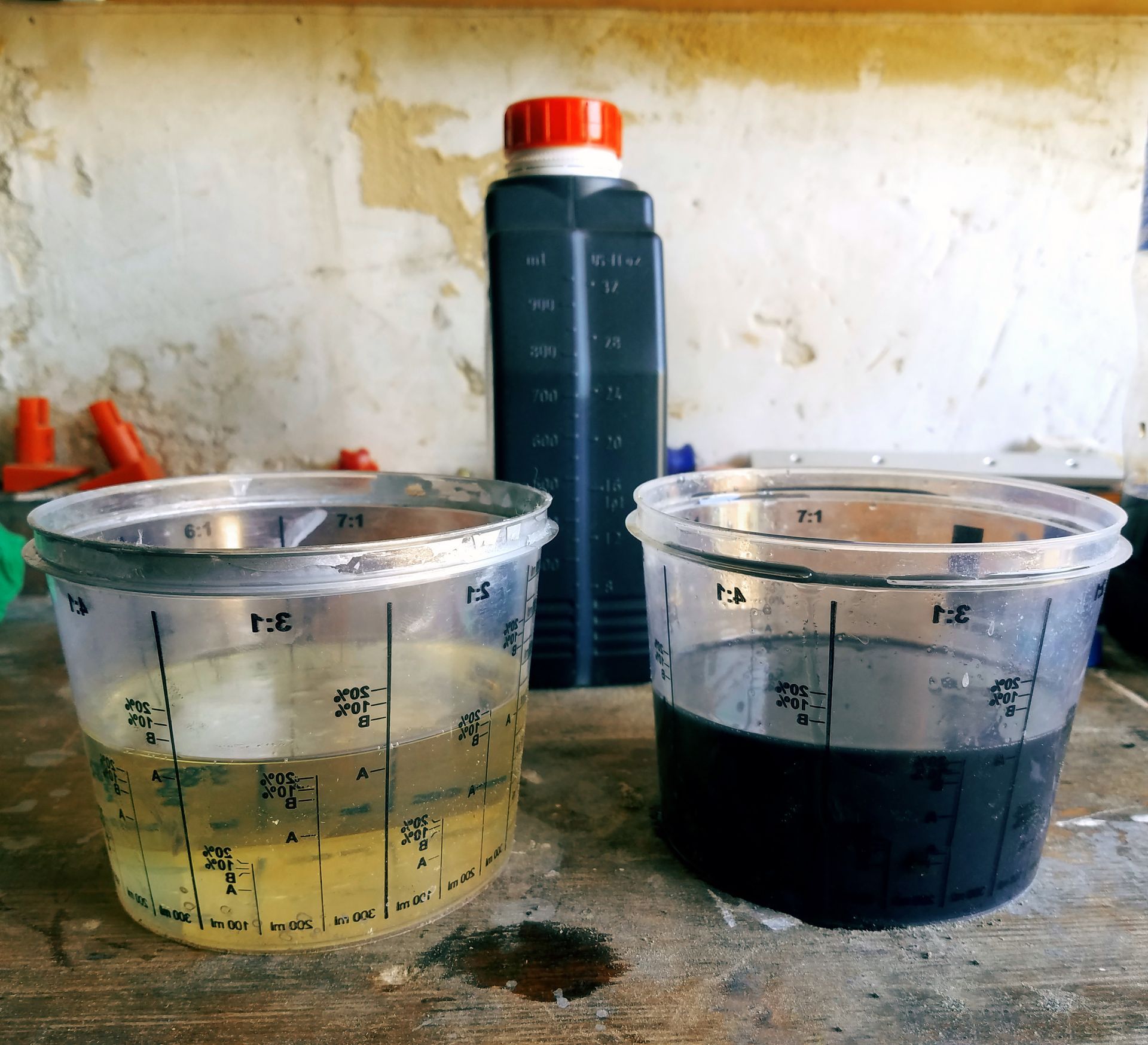Loading ...
Missing business hours data / Error occurred while getting the data.
Less Frequent but Critically Important Car Maintenance
May 1, 2022
Less Frequent but Critically Important Car Maintenance
Most car owners are aware of the value of regular oil changes and tire rotations for keeping their vehicles running well. There are, however, some additional maintenance items that you should consider but on a less frequent basis.
Battery: The role of the battery is to allow you to start your car, and most car batteries last 3–5 years depending on quality and environmental conditions. When you see corrosion (white crust) building up on the top of the battery, it’s a sign that your battery is nearing its end. Winter is tough on batteries, but extreme heat can also be a challenge. If you see corrosion or if your car seems to struggle a little at startup, see your car care professional for a battery evaluation and/or replacement.
Air Filters: The air filter traps dirt that your car would otherwise “breathe in” while running. Most manufacturers recommend air filter changes every 20,000–35,000 miles. If you park your vehicle under trees on a consistent basis, you may need to change your air filter a little more often.
Brake Fluid: Often overlooked, brake fluid is recommended to be changed every 3 years, regardless of miles driven. Brake fluid attracts water vapor from the air, and water content in brake fluid reduces your brakes’ effectiveness and corrodes the braking system from the inside out. Every few years, you should have a qualified car care professional with the right tools test and change your brake fluid.
Spark Plugs: This used to be a regular maintenance item for cars, but now, most manufacturers recommend getting a tune-up or changing spark plugs every 70,000 miles or more. Check your owner’s manual and be sure to get quality spark plugs that match or exceed the original specification for your car.
Alignment: Over the natural course of driving, the suspension of your car will become misaligned. You may notice this because your steering wheel isn't straight anymore or your car drifts to the right or left. Another sign of misalignment is uneven tire wear (heavier wear on the inside or outside edge of your tires). There is no defined mileage/time interval for an alignment, so have your car care professional test-drive your car and evaluate your tires for signs of misalignment.
Transmission Fluid / Differential Fluid: Transmissions and differentials are sealed systems that are part of your vehicle’s drivetrain. These systems contain specialized oils to provide lubrication in order to shift gears. The change interval is different from vehicle to vehicle, so consult your owner’s manual to know what is appropriate for your car.
With proper maintenance, regular inspections and addressing problems when they arise, you can expect your vehicle to keep going for 200,000 miles or more.
Loading ...
Missing business hours data / Error occurred while getting the data.
Loading ...
Missing nap lines data / Error occured while getting the data.


